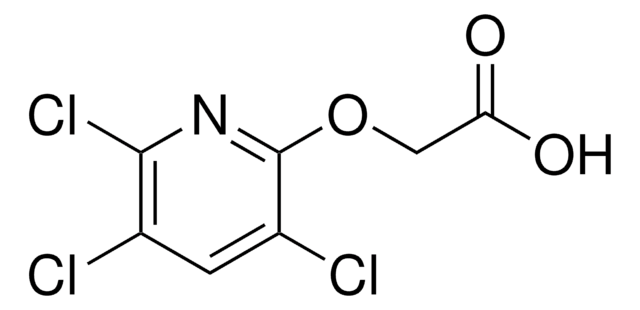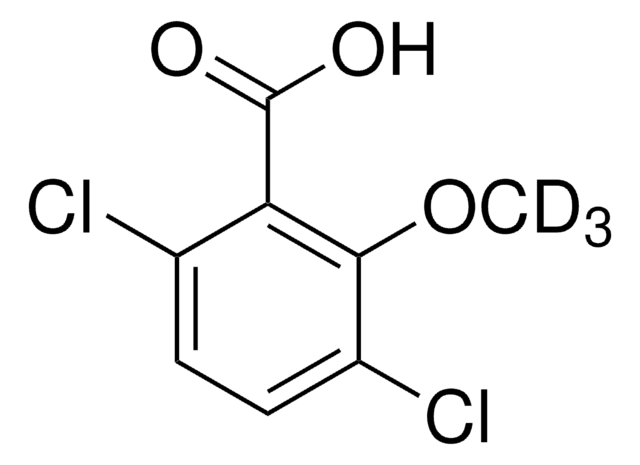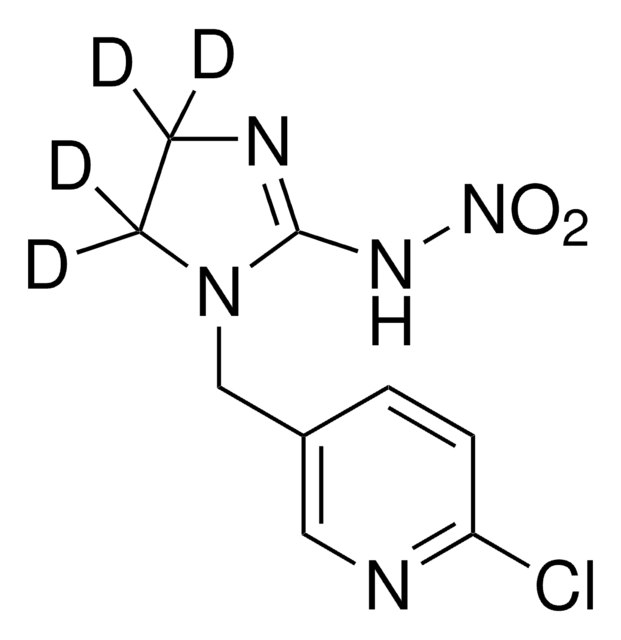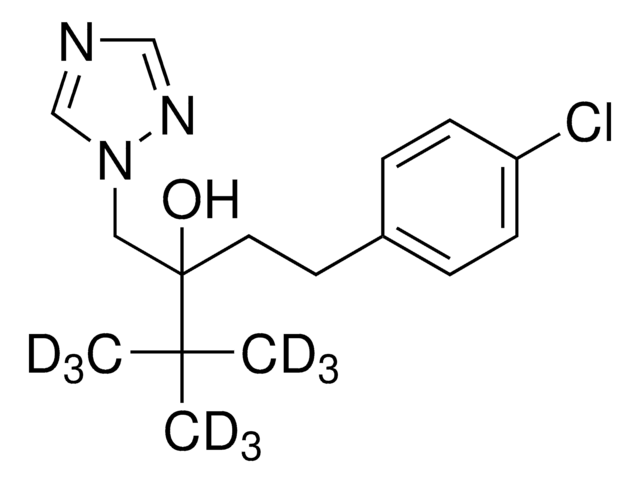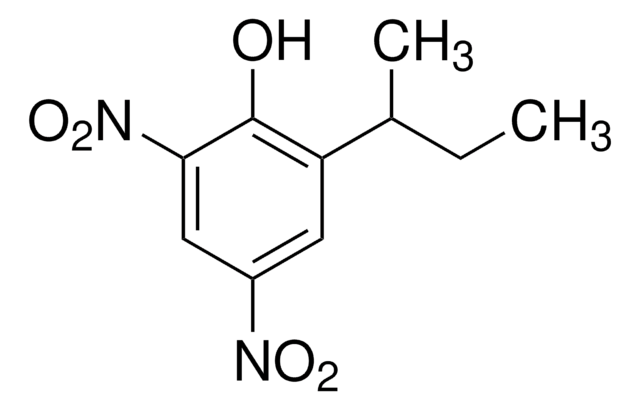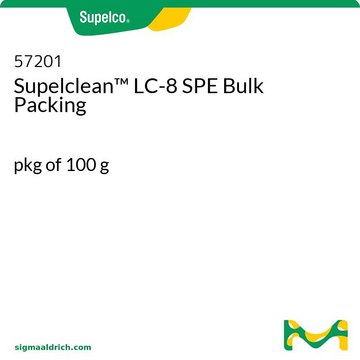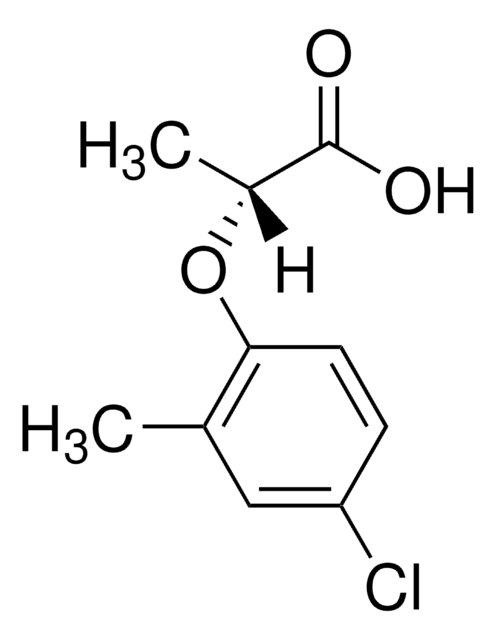68405
MCPA-(methyl-d3)
PESTANAL®, analytical standard
Synonym(s):
4-Chloro-2-(methyl-d3)phenoxyacetic acid, MCPA-d3
Sign Into View Organizational & Contract Pricing
All Photos(1)
About This Item
Empirical Formula (Hill Notation):
C9D3H6ClO3
Molecular Weight:
203.64
UNSPSC Code:
77101502
NACRES:
NA.24
Recommended Products
grade
analytical standard
Quality Level
product line
PESTANAL®
Assay
≥98.0% (HPLC)
shelf life
limited shelf life, expiry date on the label
application(s)
agriculture
format
neat
Related Categories
General description
MCPA-(methyl-d3) is an isotopically labeled compound of the pesticide 4-chloro-2-methylphenoxy acetic acid (MCPA). MCPA is a widely used acidic herbicide which is soluble in water and highly effective even at low concentrations.
Application
MCPA-(methyl-d3) may be used as a internal standard for the determination of the target pesticide in surface water by on-line solid-phase extraction−liquid chromatography-tandem mass spectrometry (SPE−LC−MS/MS). It may also be used as an internal standard for the quantification of the target analyte in soils by liquid chromatography-tandem mass spectrometry.
Legal Information
PESTANAL is a registered trademark of Merck KGaA, Darmstadt, Germany
Signal Word
Danger
Hazard Statements
Precautionary Statements
Hazard Classifications
Acute Tox. 4 Oral - Aquatic Acute 1 - Aquatic Chronic 1 - Eye Dam. 1 - Skin Irrit. 2
Storage Class Code
11 - Combustible Solids
WGK
WGK 3
Flash Point(F)
Not applicable
Flash Point(C)
Not applicable
Choose from one of the most recent versions:
Certificates of Analysis (COA)
Lot/Batch Number
Don't see the Right Version?
If you require a particular version, you can look up a specific certificate by the Lot or Batch number.
Already Own This Product?
Find documentation for the products that you have recently purchased in the Document Library.
Hydrophilic interaction liquid chromatography coupled with tandem mass spectrometry for acidic herbicides and metabolites analysis in fresh water.
Fauvelle V, et al.
Environmental Science and Pollution Research International, 22(6), 3988-3996 (2015)
Our team of scientists has experience in all areas of research including Life Science, Material Science, Chemical Synthesis, Chromatography, Analytical and many others.
Contact Technical Service